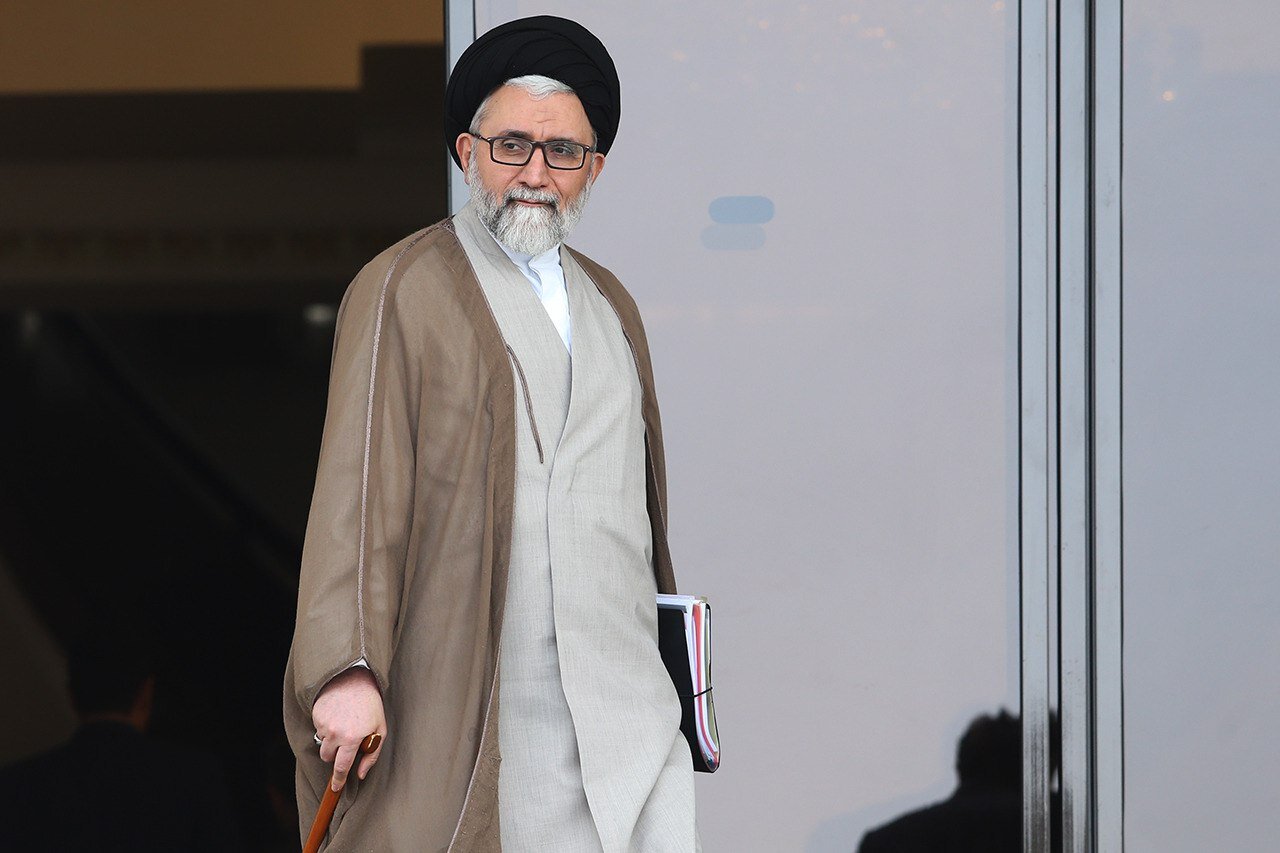Downfall of Mossad spying network
Iran intelligence ministry exposes Israel's spies in 28 countries

TEHRAN – The Iranian Ministry of Intelligence has declared the successful identification of a substantial number of Mossad spies linked to the Zionist regime, operating across 28 countries globally.
In a statement released on the verge of the 45th anniversary of the Islamic Revolution's victory, the ministry highlighted the execution of an extensive combined intelligence and counterintelligence operation against the espionage and security apparatus of the occupying regime of Israel. These operations yielded an unprecedented collection of information, including sensitive details about critical military installations and strategic industries under the control of the Zionist regime.
The statement further detailed the ministry's identification of specific spies within Tehran and various provinces of Iran, subjecting them to legal action or security surveillance. Decisions regarding spies residing abroad will depend on their individual situations and diplomatic relations between the ministry and relevant intelligence agencies.
The exposé of Mossad's extensive spying apparatus comes amid the growing struggle of Israel on the international stage, marking a significant victory for Iran and sending shockwaves through the intelligence services of the Zionist regime.
This strategic achievement by Iran is part of a series of recent setbacks for the Israeli regime, reflecting a pattern of failures in Mossad's covert operations. The dismantling of Mossad's global network comes on the heels of other intelligence mishaps. In Türkiye, only during last month, 34 people were detained on suspicion of spying for Israel. Furthermore, the Turkish police in a joint operation with Turkey’s National Intelligence Organization arrested seven people on Friday on suspicion of selling information to the Mossad.
This revelation further exposes the vulnerabilities of Mossad, highlighting its inability to operate undetected in the face of Iran's vigilant counterintelligence measures.
Iran's dismantling of Mossad's global network echoes a historical achievement, reminiscent of 2011 when the nation successfully neutralized a U.S. Central Intelligence Agency (CIA) global network. The network was controlled by the CIA through U.S. embassies in the United Arab Emirates, Turkey and Malaysia, according to the Iranian state media. This parallel underscores Iran's prowess as a formidable intelligence force, capable of dismantling the espionage apparatus of two of the world's most prominent intelligence agencies.
The exposure of Mossad's operations is celebrated as a significant milestone in Iran's ongoing struggle against Israel's intrusive intelligence activities. As Iran asserts its dominance in uncovering and neutralizing Mossad's agents, the Israeli regime grapples with the consequences of a weakened intelligence network and an increasingly challenging geopolitical landscape.
As the echoes of the al-Aqsa Storm operation continue to reverberate, a series of unfavorable consequences unfold for Israel. Despite the violence unleashed on Palestinians, Israel struggles to achieve its political goals, puncturing myths of Israeli invincibility and its citizens’ expectation of tranquility even as the regime chokes the life out of Palestinians. This grand operation, undertaken by Resistance groups in Palestine on October 7, has evolved into a multi-faceted challenge for the Israeli regime— an "irreparable defeat" in the words of Ayatollah Seyyed Ali Khamenei. The continuation of Israeli attacks has resulted in the killing of at least 27,131 Palestinians in Gaza, with another 66,287 being wounded, as reported by the Health Ministry in the besieged enclave.
The disclosure of the identification and arrest of criminals affiliated with the Mossad also sheds light on Iran's ongoing efforts to maintain national security. On January 29, Iran executed four members of the Komala terrorist group attempting to plan a bombing attack at a Defense Ministry factory in Esfahan under the direction of Israel's Mossad spy agency. Additionally, on January 16, Iran launched ballistic missiles targeted at Israeli espionage facilities in Erbil, northern Iraq, stating that these actions comply with international law and serve the aim of securing its borders. Article 51 of the UN Charter affirms the entitlement of nations to defend themselves in response to an armed assault, either individually or collectively.
